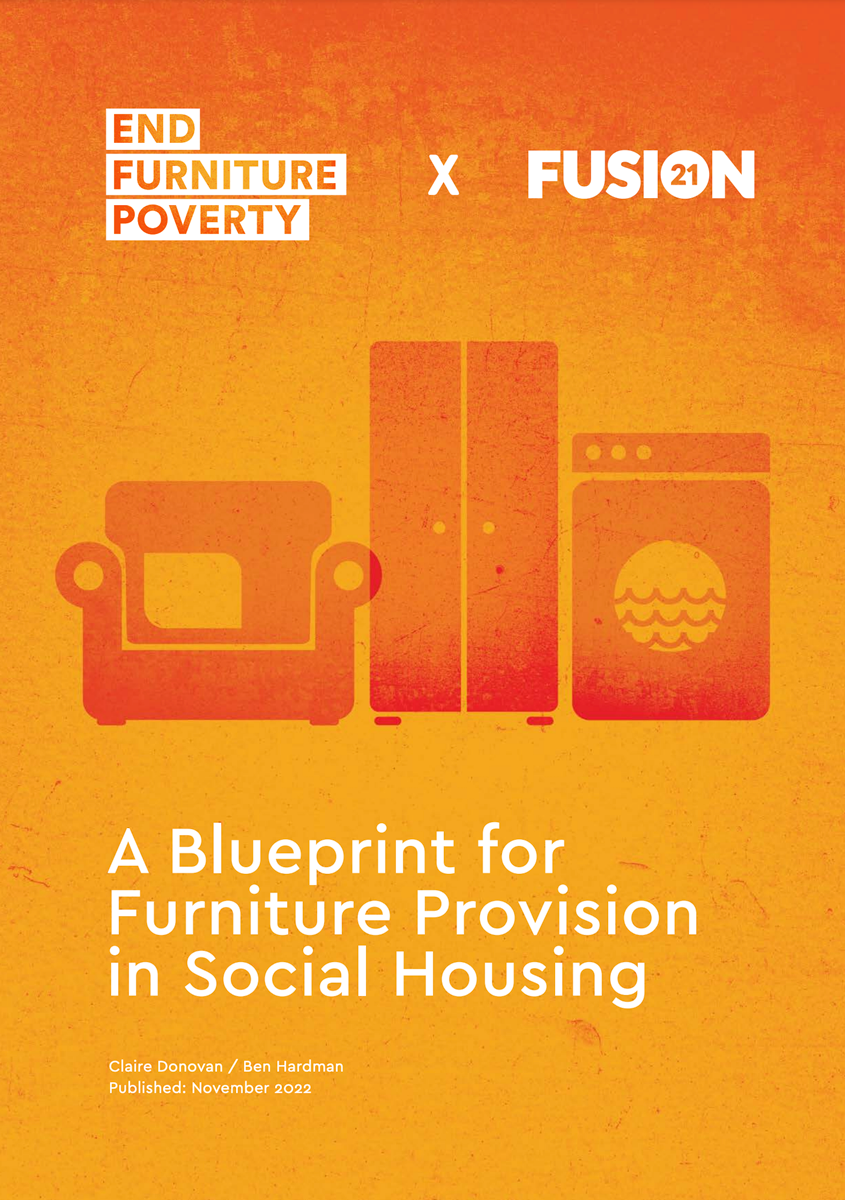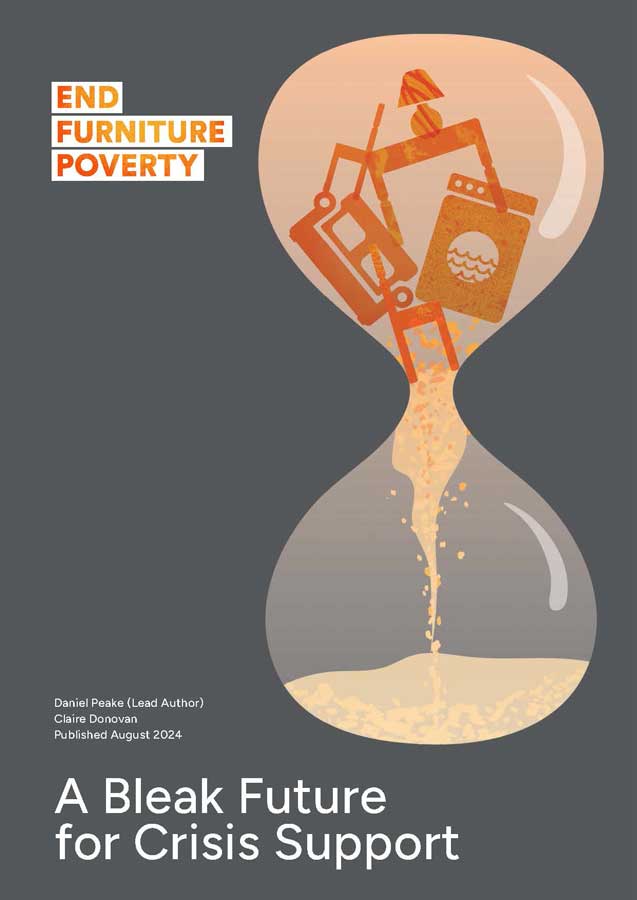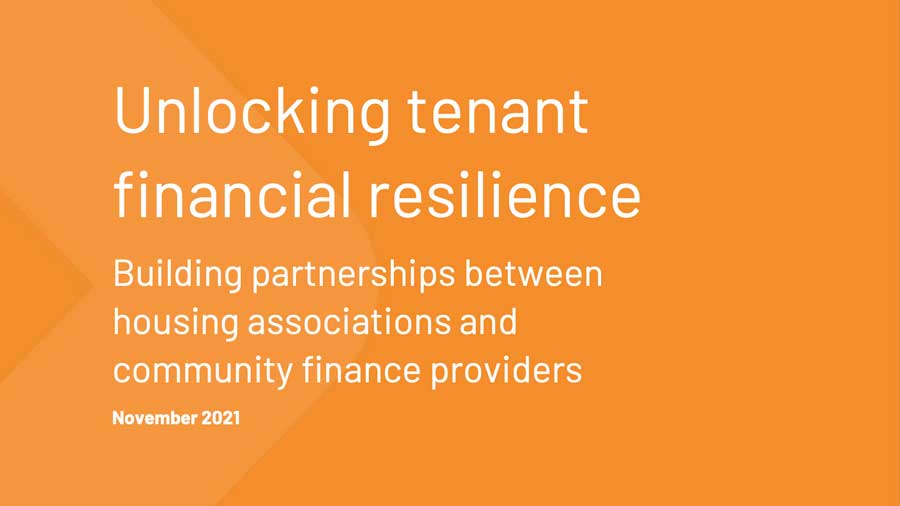Image: Istock
Tackling furniture poverty
Furniture poverty affects 26% of social housing tenants. Here, a campaign group dedicated to tackling the issue proposes some solutions

HEALTH, CARE & SUPPORT

Claire Donovan
Head of Policy, Research and Campaigns, End Furniture Poverty

Claire Donovan
Head of Policy, Research and Campaigns, End Furniture Poverty
Issue 73 | September 2024
End Furniture Poverty is the campaigning arm of a group of charities (FRC Group) that has been helping people to access essential furniture and appliances for more than 35 years.
Furniture poverty affects at least 9% of our population with over 6 million people living without items such as sofas or beds, cookers or fridges. When you are on a low income, furniture and appliances can be some of the most expensive items you need to buy.
Poverty figures break new records every month with more people trying to survive on negative budgets and struggling to afford food or heat their homes, so it is unsurprising that when their cooker breaks or their child needs a new bed, they cannot afford to replace them.
Furniture poverty can have a devastating impact on people’s physical and mental health, as well as their social and financial wellbeing, and all of these consequences can have a significant cost to the public purse across health and social care, temporary accommodation costs and more.
“When you are on a low income, furniture and appliances can be some of the most expensive items you need to buy.”
Furnished tenancies
There are immediate changes which could help to end furniture poverty. Furnished tenancies, where the cost of furniture and appliances is added onto the service charge element of Universal Credit, is an ideal solution for some.
But just 2% of social homes are provided as furnished, compared to 29% in the private rental sector, which means that some of our most vulnerable citizens are being moved into empty boxes and faced with the high costs of buying furniture and appliances. This often results in them ending up living without – living in furniture poverty. At least 26% of social housing tenants live in furniture poverty.
Of social homes are provided furnished
Of homes in the private rental sector are offered furnished
Of social housing tenants live in furniture poverty
Support for social housing providers
End Furniture Poverty has been campaigning for more social landlords to provide furnished tenancies for many years and we believe that at least 10% of their stock should be provided as furnished. We have written a Blueprint for Furniture Provision in Social Housing to help landlords understand how to start a scheme, and have developed a new furniture offer, Furniture Flex, which offers furniture rental to help landlords overcome the barriers they have expressed over the years.
Furnished tenancies also provide tangible benefits to landlords, with reduced rental arrears and void costs, increased tenancy sustainability, as well as providing a surplus that can be reinvested to support tenants in other ways. They can be offered to both new and existing tenants with full furniture packages or single items.
End Furniture Poverty provides free support to landlords who are interested in furnished tenancies, helping them to explore how a scheme could best work for their organisation, and we can also introduce landlords to fellow housing professionals to share best practice.
Local authority crisis support
We also need adequately funded statutory crisis support through local authority welfare schemes and End Furniture Poverty leads the research in this field.
Our latest report showed that 37 local authorities in England have closed their schemes, with more expected in the next financial year as budgetary pressures become even more acute.
Local welfare provides vital support for food and fuel, but typically around 40% of the funding is used to provide furniture and appliances, ideal for families who require one or two essential items.
End Furniture Poverty continues to support furniture reuse and works closely with the grant making sector but furnished tenancies in social housing and adequate local welfare provision are the main focuses for the coming year.



